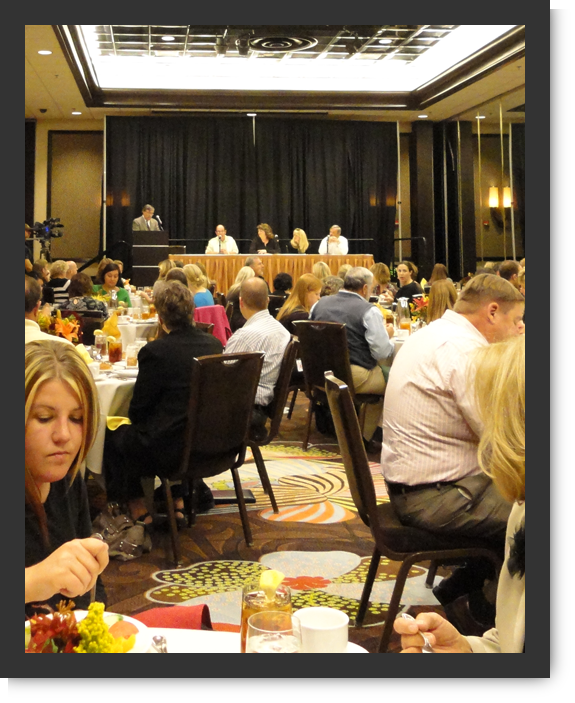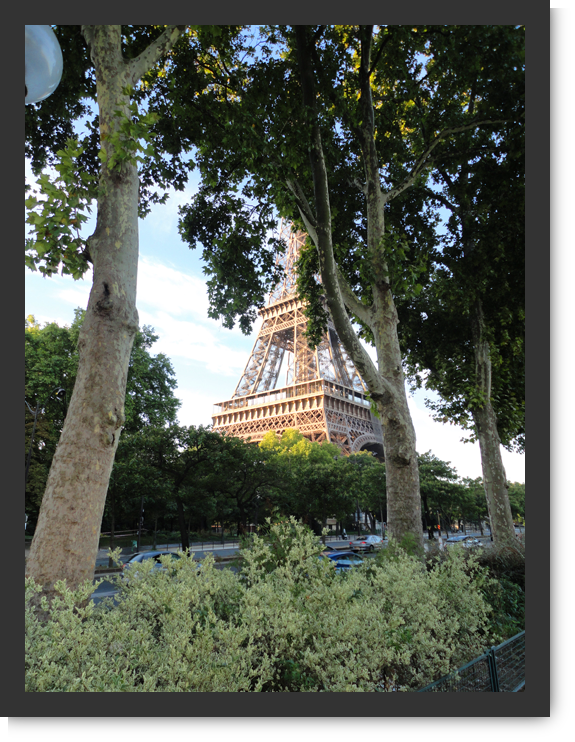Oct
15
2010

Events represent a culture
When I was invited to attend the most recent A2N2 meeting, “Marketing Reno/Sparks Special Events: Tackling New Challenges in a Tough Economy,” I got excited at the chance to hear first-hand about those events that make our community unique – especially considering I’d just blogged about the communities (and cultures) I experienced on my recent trip to Europe.
During my trip, I felt that unique traditions and events within those European locales tended to strengthen the overall sense of culture I felt for each. On top of that, the stronger that sense of culture, the more I desired to experience that culture (especially the aspects of their lives that were new to me) and the greater lasting effects those cultures had on my perception and in my memory.
Continue reading
Comments Off on They’re our Reno/Sparks Events – but are they appealing to us? | posted in Customer Feedback, Differentiation
Oct
11
2010

Ben and I visited the Nevada Agricultural Experiment Station to be present for the unveiling of a 30 kW photovoltaic (PV) solar array on the roof of the Ag Station’s Greenhouse Complex. John Sagebiel, the Environmental Affairs Manager here at the University of Nevada, Reno, was kind enough to speak to us about the array and we learned the following:
- The system is the third solar system located on campus (the other two are at the Joe Crowley Student Union and Nye Hall dormitory).
- The Greenhouse Solar system provides an estimated yearly savings of $6,300 (approximately one-tenth the overall energy costs to run the facility).
- Based solely on the installation cost of the project (close to $120k), the system would take nearly 20 years to break even. However, the NV Energy Rebate (in compliance with the state’s Renewable Energy Rebate Program) shortens the monetary recuperation time period dramatically.
Continue reading
2 comments | posted in Local Business
Oct
4
2010

The many cultures of Europe
Europe is different than the United States in that despite its size (Europe is only 3% larger geographically than the US), it has far more native languages and cultures than does the United States. While I’m not a sociologist (and I’m writing this on my first trip to Europe, while having only visited France and Belgium), I would guess that this amazing variety of cultures is due largely to the longer lengths of time for which these different communities have existed (and warred) prior to our current age of communication and globalization, such that they still maintain their strong cultural differences despite their close proximity. The US, on the other hand, is a single country and is only approaching two and a half centuries of cultural development, a large percentage of which occurred during and after the technological revolution – a force that pressures cultures to become more homogenized due to the economies of scale accompanying mass production and large-scale advertising.
That being said, there is much to appreciate in cultural differences that exist from place to place: specialties of cuisine, language, and custom that allow someone (especially a tourist such as myself) to feel as though they have really experienced a place and better understood its heart. Continue reading
1 comment | posted in Differentiation




